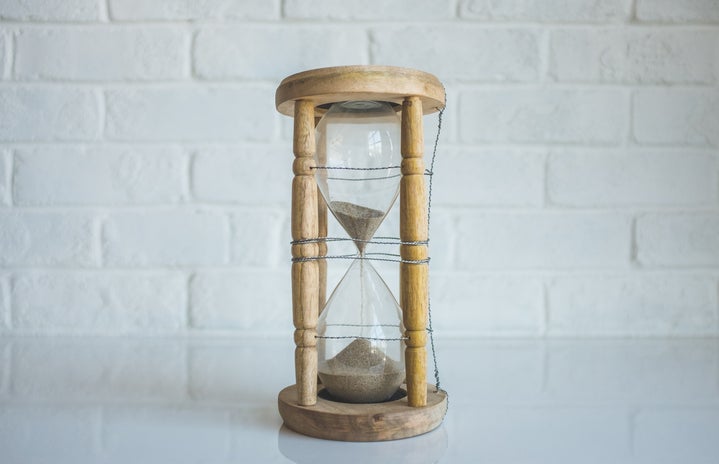1. Reassure them that the abuse is not their fault
This is one of the most important things to do for a survivor of domestic abuse. Survivors are often blamed for their abuse and told: “Well you should have….” Remind your friend that it is not their fault as often as necessary.
2. Don’t assume
Many times, we will try to insert our own ideas of how abuse should be handled and push our friends to make decisions that they may not be ready for. It is okay to offer support, but do not assume that they will take action immediately. Instead of assuming, be a there for that friend for as long as you can.
3. Listen
Listen to what they share without focusing on what you should say. It’s normal to want to provide solutions and give opinions, but it is important for your friend to feel heard. Many abuse survivors do not report their experience because they feel like no one will care about what they have to say! Listen to your friend to let them know that you genuinely care!
4. Stray Away From Judgment
Their abuser has probably done a fantastic job of making them feel as if they are to blame for this pain, but that isn’t true and you shouldn’t make them feel that way. As a support system, focus on support, not rectifying the issues with judgment.
5. Stay Away From Aggressive Figures of Speech
Phrases like, “Knock ‘em Dead!” or “Punch their lights out!” They can aide in the victim reliving their traumas and you may not even know it!
6. Believe
Tell your friend directly, “I believe you.” Do not question their version of the events or try to piece together the information. Many survivors don’t report assaults because they are afraid that no one will believe them. Be that person in your friends’ lives that they can count on to believe in them. Plus if they decide to report the abuse, they will spend a lot of time trying to convince the police of the events. Having you in their corner will be the relief they need.
7. Ask
It is easy to believe we know what to do and what the next steps our friend should be taking. But we must remember that this is not about us, it is about our friend. We should ask directly “How can I support you?” And take action from there! Rather your friend just needs you to listen or walk them through the process of getting professional help, get the direction from them.
8. Encourage Them To Seek Professional Help
You are a nice friend, I’m very sure, but victims of trauma from domestic violence is something you can’t help them with unless you’re a licensed professional. They are extremely fragile and you shouldn’t weight yourself with the responsibility of helping them when you aren’t capable.
9. Be Kind…Even if They Aren’t
Often times victims can be harsh or feel scared and agitated, but they aren’t doing it out of spite. Victims are scared and fragile. They are focused on protecting themselves first so they may be hard to handle, but stick with it! They will come around!
10. Don’t Pressure Them To Talk About Their Trauma
That pressure to re-open those wounds can be very detrimental to the victim. Sometimes they need breaks and that’s ok! They should feel comfortable to open up when they are ready.
11. Call the Police
If the victim is in immediate danger, always call the police. That’s your best bet for not only their safety, but your own.
Have a great week HC lovelies! HCXO!
Statewide Domestic Violence Hotline: 1-800-33-HAVEN (1.800.334.2836)

